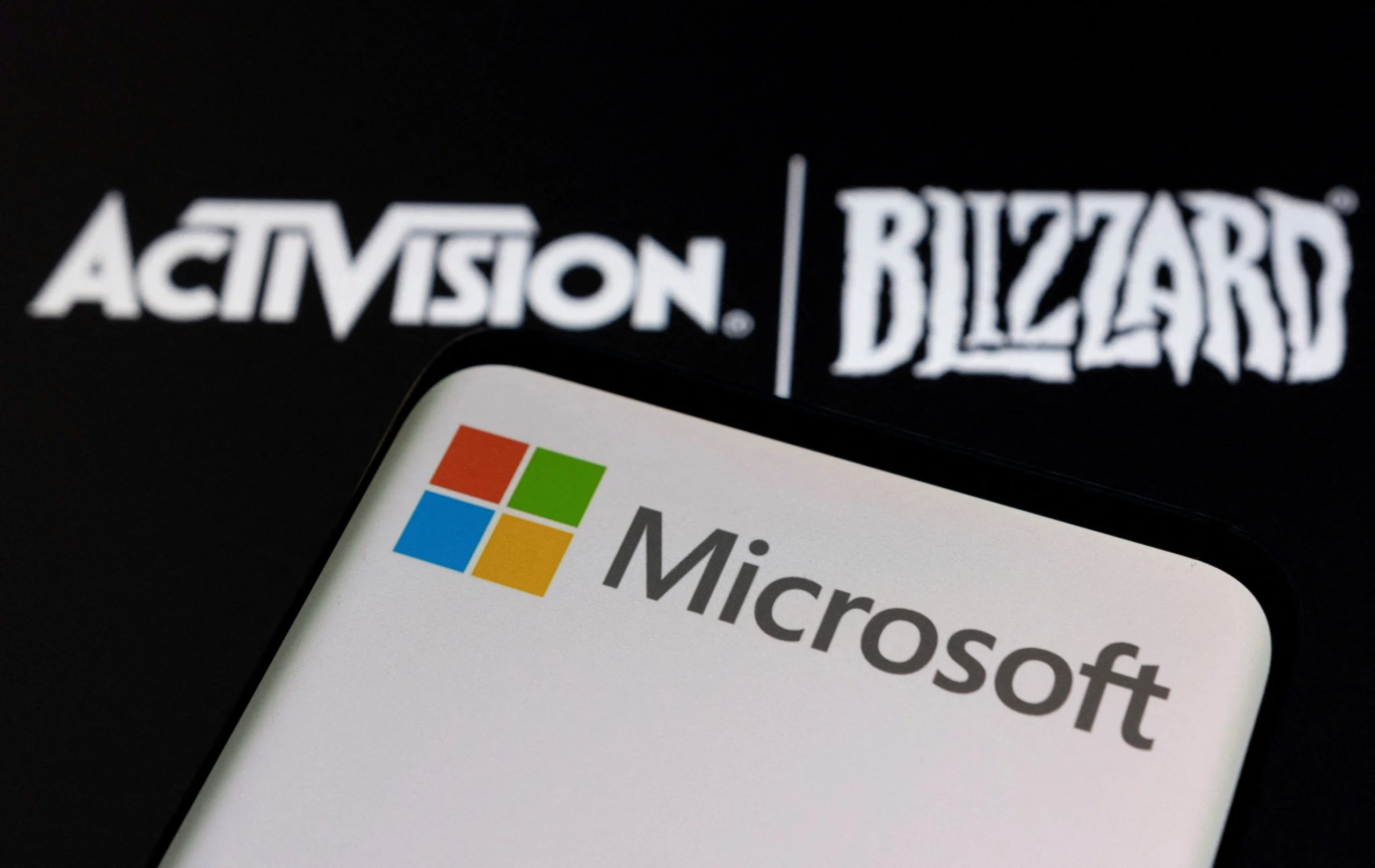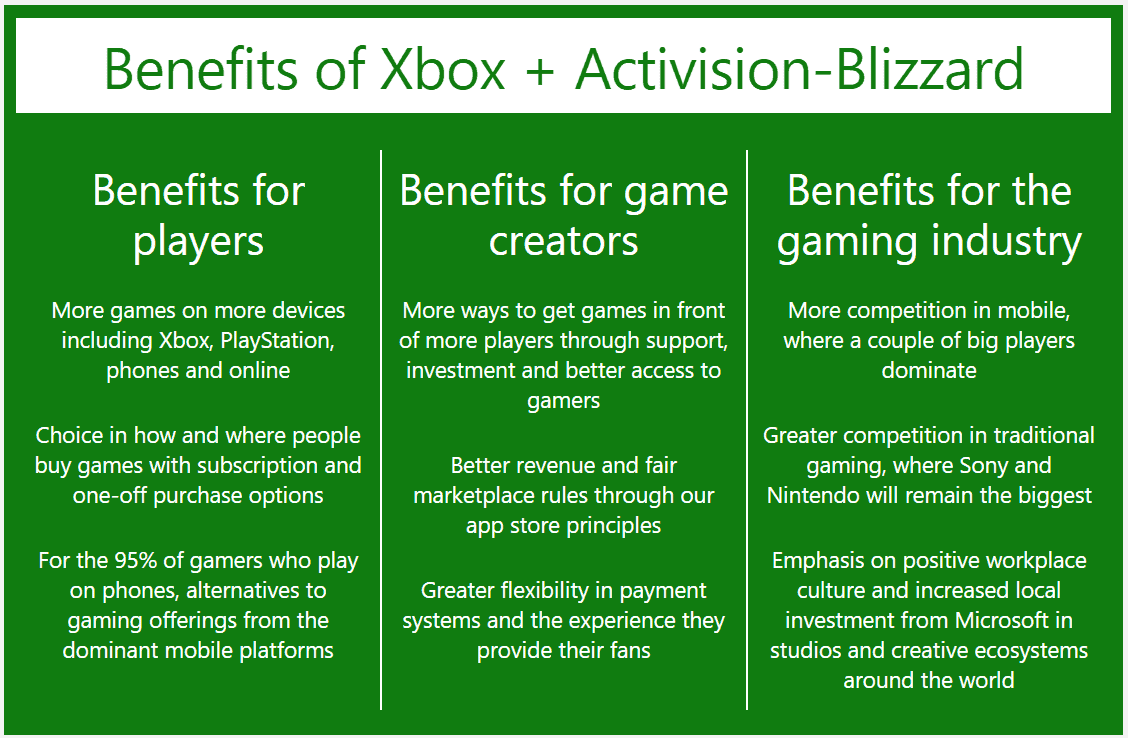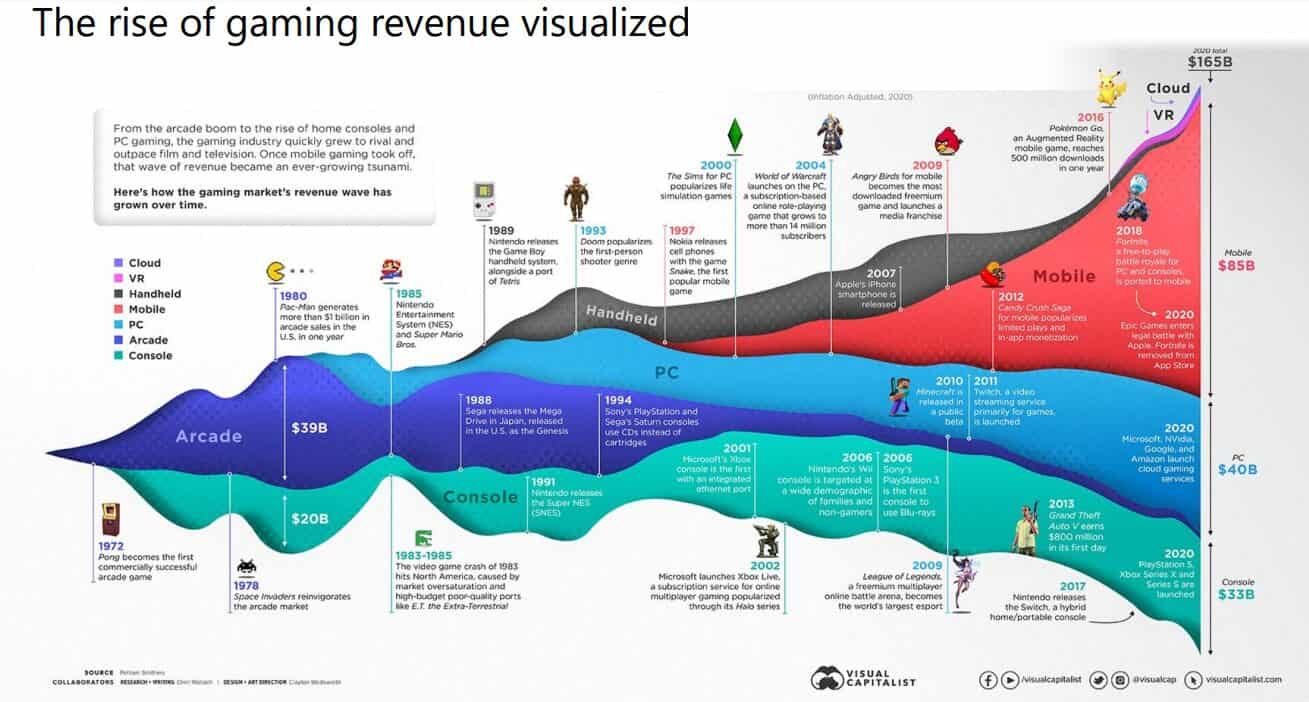Microsoft-Activision deal October update: Brazil's CADE approval, dedicated acquisition page, and CMA March 2023 final report
4 min. read
Updated on
Read our disclosure page to find out how can you help MSPoweruser sustain the editorial team Read more

The Microsoft-Activision deal has made a step forward this Wednesday after receiving the Brazil Administrative Council for Economic Defense (CADE) approval without restrictions. Nonetheless, it will still be a long journey as the FTC, European Commission, and UK Competition and Markets Authority (CMA) are still scrutinizing the $69-billion acquisition.
The public filing, which is in Portuguese, details the responses of Microsoft and other third-party companies (especially Sony) on how the deal would affect the competition within the gaming industry. As usual, Sony expressed concerns over it, saying it could influence users’ console choices due to Call of Duty. Microsoft defended its side, promising to keep it on PlayStation consoles or multiplatform. CADE also provides an explanation for its decision. (Translation credits to ResetEra.)
With regard to the possibility of closing downstream markets, the analysis pointed out that, despite their relevance and popularity, Activision Blizzard games – and in particular the Call of Duty series– would not be essential assets to the performance of Microsoft’s current and potential competitors in the console and digital game distribution markets (considering, in the latter, both digital stores and multiple game subscription services for PC and consoles). Thus, even if the Activision Blizzard game catalog were to become exclusive to the Microsoft ecosystem after the Transaction, SG/Cade considers that such exclusivity would not result in a substantial reduction in the levels of competition in the downstream markets, even if it could translate into a competitive advantage for Microsoft.
Furthermore, it is important to highlight that the central objective of CADE’s activities is the protection of competition as a means of promoting the well-being of Brazilian consumers, and not the defense of the particular interests of specific competitors. After all, one cannot lose sight of the fact that the holder of the legal assets protected by Law No. 12,529/2011 is the collectivity, and not the competitor/economic agent as an individual entity. In this sense, although it is recognized that part of the users of PlayStation consoles (from Sony) could decide to migrate to Xbox in the event that Activision Blizzard games – and especially Call of Duty– become exclusive to the Microsoft ecosystem, SG/Cade does not believe that such a possibility represents, in itself, a risk to competition in the console market as a whole.
Aside from the competition regulators around the world, Microsoft is also trying to find more allies in the gaming industry by launching a dedicated page detailing the Activision Blizzard acquisition. The web page, which welcomes visitors with the big header that reads “Our vision for gaming: More choice and more games for people everywhere,” shows the deal’s benefits for everyone, including gamers, game creators, and the entire industry.

The page also includes the recent interview of Microsoft CEO Satya Nadella with Bloomberg, wherein he expressed his confidence in the deal’s success. Microsoft Gaming CEO Phil Spencer, on the other hand, highlights how the deal would promote better choices for players and game makers. Interestingly, the website also shows the development of gaming revenue, stressing how different gaming companies like Sony contributed to this growth.

In related news, CMA announced that it will publish its findings for its second phase of investigation on March 1, 2023. It can be recalled that the UK’s antitrust regulator decided to move to this deeper probe after it expressed its concern over the deal, saying, “Microsoft could use its control over popular games like ‘Call of Duty‘ and ‘World of Warcraft’ post-merger to harm rivals.” In the next months, CMA will investigate the matter further by gathering more information, issuing more questionnaires, and setting up meetings with the parties concerned.








User forum
0 messages